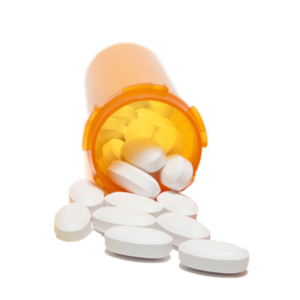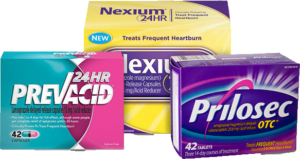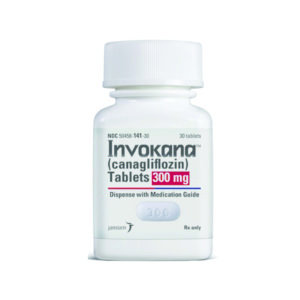New Year, Healthier You
Did you know that some common prescriptions and over the counter drugs can have an adverse effect on your health? Let’s make 2018 a time to review what you currently have in your medicine cabinet and see if any of the below listed drugs have a home there. It may be time to talk with your doctor about alternative medications.
Canagliflozin is the active ingredient in Invokana and is commonly prescribed to treat type 2 diabetes. One of the most serious complications that some patients experience after taking invokana, is the amputation of legs, feet and toes. Recent studies show that leg, foot and toe amputations occur twice as often in patients treated with Invokana than those who are not. The Federal Drug Administration (FDA) requires a black box warning to be included on all Invokana labels warning users of this severe complication.
Opioids
Opioids are a class of drugs prescribed for the treatment of severe and chronic pain. These drugs include:
- Codeine
- Fentanyl
- Hydrocodone
- Hydromorphone
- Methadone
- Morphine
- Oxycodone
Prolonged use of any opioid can lead to addiction. Opioid addiction is the number one cause of drug overdoses in the United States. Opioid dependence has become such a problem in our country, that it was declared a public health emergency by the government.
Proton Pump Inhibitors (PPIs)
PPIs are over-the-counter drugs used to treat gastrointestinal issues including heartburn, acid reflux, stomach ulcers and inflammation of the esophagus. Common brands include:
- Prilosec
- Nexium
- Prevacid
Some users have experienced interstitial nephritis after taking PPIs. This serious disease causes inflammation between the kidney tubules and can lead to kidney failure if left untreated. The FDA has since mandated a warning to inform users of the link between PPI use and interstitial nephritis. Additionally, a new research study links the use of PPIs with an increased risk of stomach (gastric) cancer. The risk is proportionate to the length and frequency a PPI was used. According to the study, the risk increased anywhere from 2 to 8 times. Other side effects include kidney damage, acute kidney injury and chronic kidney disease.
If you experienced any of these side effects after use, it is very important to speak with your doctor. Abruptly stopping a medication can often worsen the side effects you may already be experiencing. Most drugs require a slow reduction of dose over a period of time. A medical professional will be able to provide the proper steps on how to taper off the medicine.
It is also extremely important to only stop taking your medication under the supervision of your doctor. Even if you feel better your original problems could reoccur if you stop taking the medication without consulting your physician.
Your health is important to you and your family. Always talk to your doctor about any issues that you may be experiencing and make this year a healthy one.

